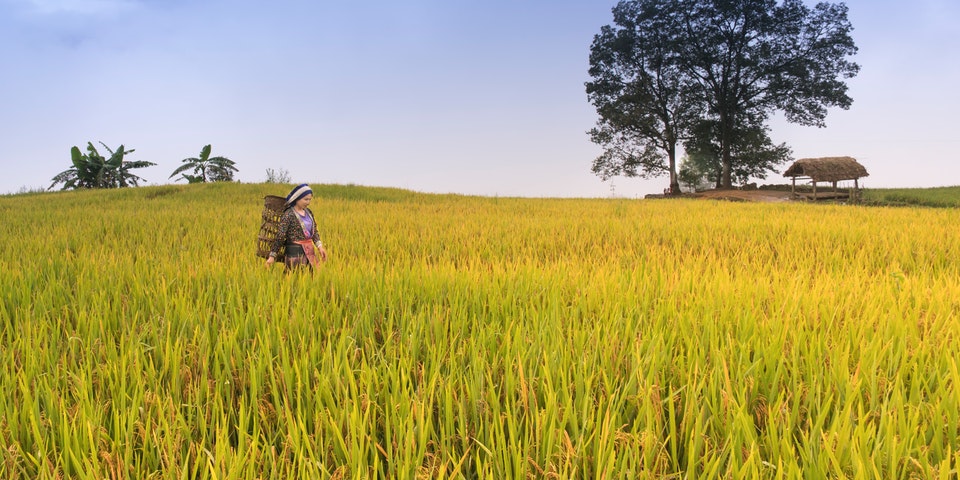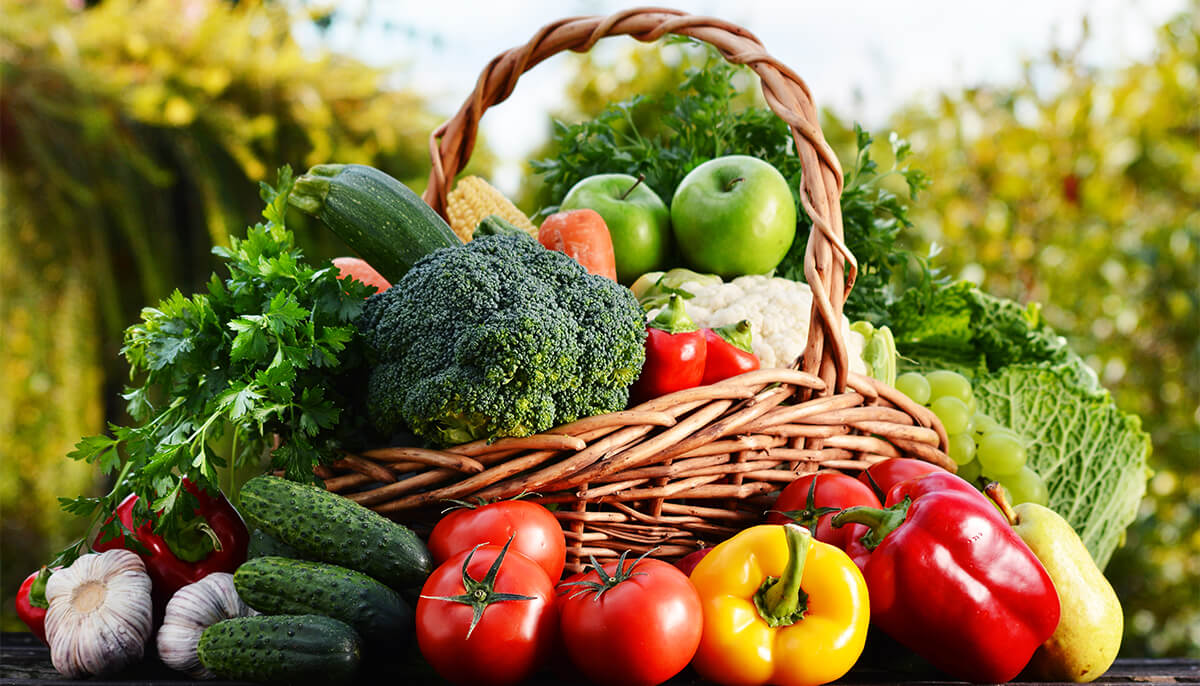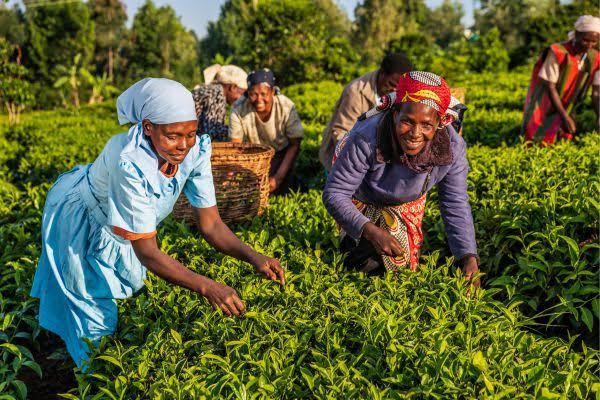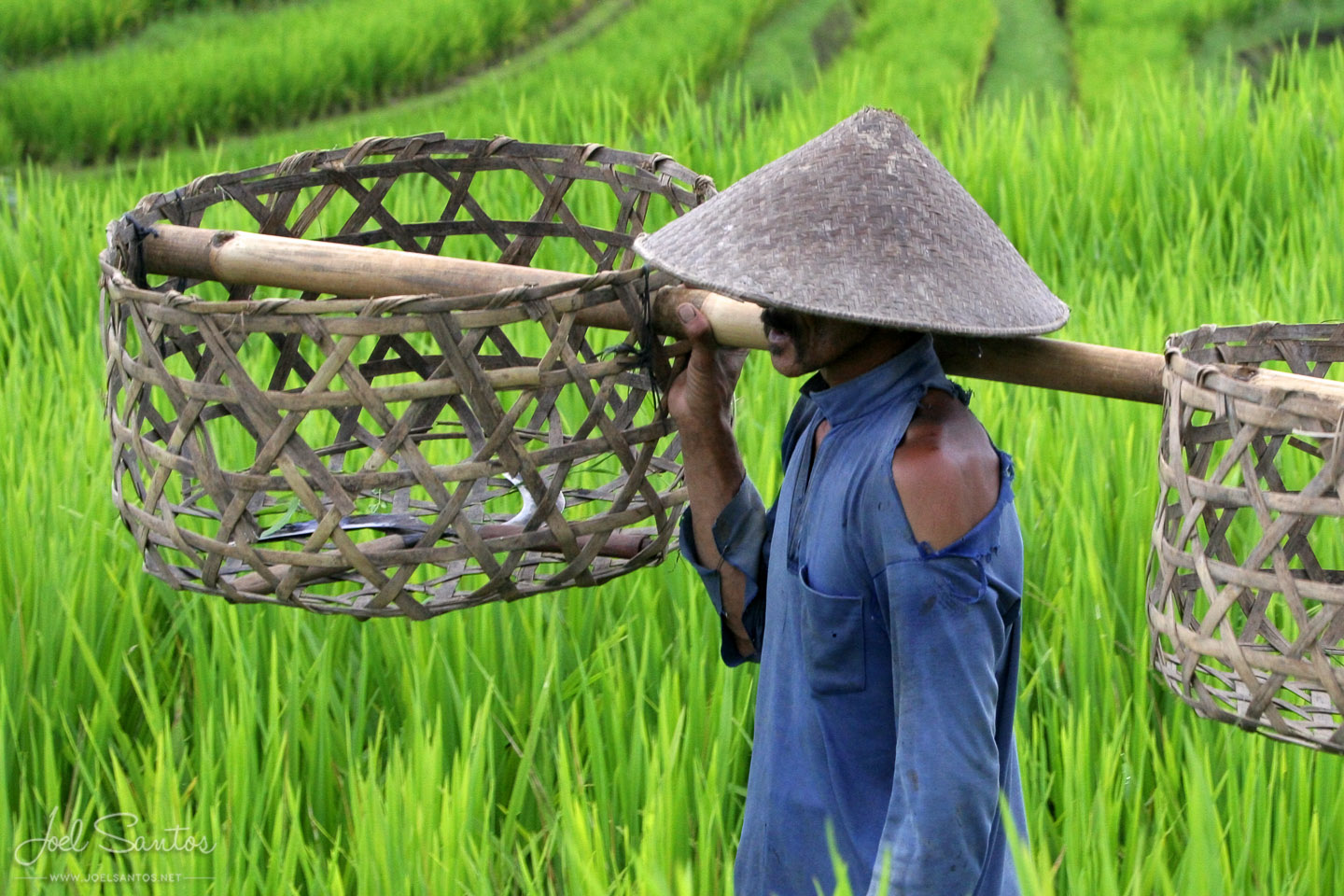Indonesia - New method of getting accurate data for rice crop
11.04.2019 372 views
ScaleAgData Stakeholder Engagement Event
22.10.2024The ScaleAgData project is pleased to invite you to our second stakeholder event. Building on the discussions and connections formed during our first webinar, this event will focus on fostering collaboration among stakeholders, providing updates on our project’s progress, and outlining future opportunities for engagement.

Bangladesh - Incomplete dam work sparks fear of crop loss in Sunamganj haor areas
Farmers in the haor areas of Sunamganj are gripped by anxiety as unfinished crop protection dams threaten to submerge their Boro fields amid fears of an early influx of water originating from the upstream Indian mountainous regions.

Vietnam - Aid for agricultural insurance premiums proposed to rise
Although agricultural insurance policies have been piloted since 2011, the sector remains new and high risk, creating multiple challenges in implementation.

Ukraine - State compensates farmers up to 60% of crop insurance cost
The Ministry of Economy of Ukraine is launching a large-scale program to support agricultural producers.

Morocco - Flood-hit villages near Ksar el-Kebir await aid as damage assessments continue
Rural communes near the city of Ksar el-Kebir, recently declared disaster zones by the government, are seeing an intensified effort by agricultural officials to assess crop losses caused by flooding and torrential rains.

Philippines - P7-M climate, disaster insurance shield rolls out for Iloilo agrarian reform beneficiaries
Thousands of agrarian reform beneficiaries (ARBs) in Iloilo are set to receive P7 million worth of fully subsidized crop and asset insurance as the Philippine Crop Insurance Corporation (PCIC) in Western Visayas and the Department of Agrarian Reform (DAR)-6 formalized a partnership aimed at fortifying farmers against climate shocks, natural disasters, and market uncertainties.

Pakistan - ADB delegation visits SECP to discuss insurance reforms
A delegation from the Asian Development Bank (ADB), led by Country Director Ms. Emma Fan and including Mr. Salman Mian and Dr. Raja M. Ali Saleem, visited the SECP Head Office.

Moldova’s agriculture grew by about 14% in 2025, against the backdrop of the advancement of plant production
Last year, the agricultural production in Moldova recorded an increase of approximately 14%.

Nigeria - FG Urged to Expand NAIC Insurance Coverage for Smallholder Farmers
The Minister of State for Agriculture and Food Security, Sen. Dr. Aliyu Sabi Abdullahi, has urged the Federal Government to expand insurance coverage to more smallholder farmers across Nigeria.




